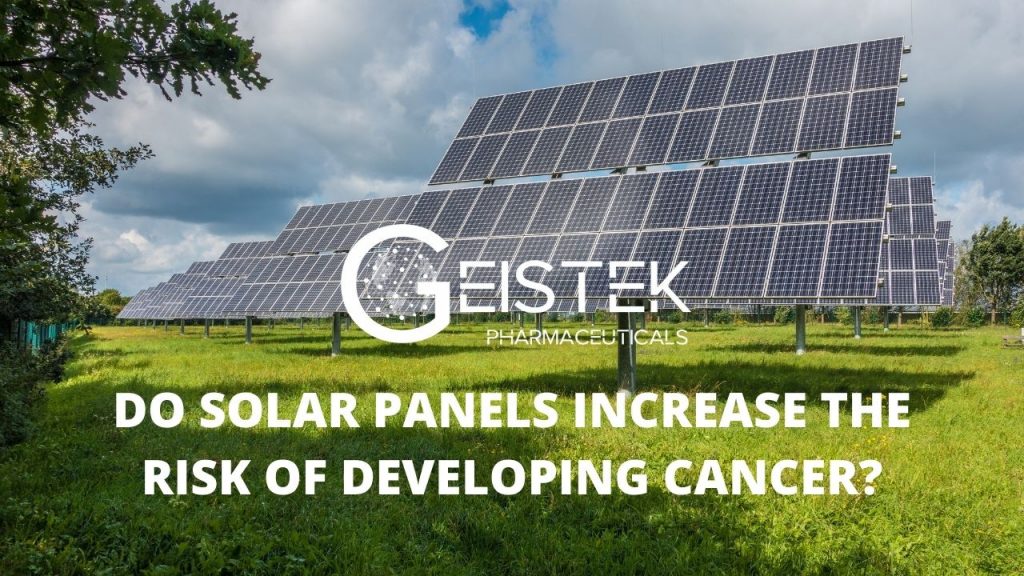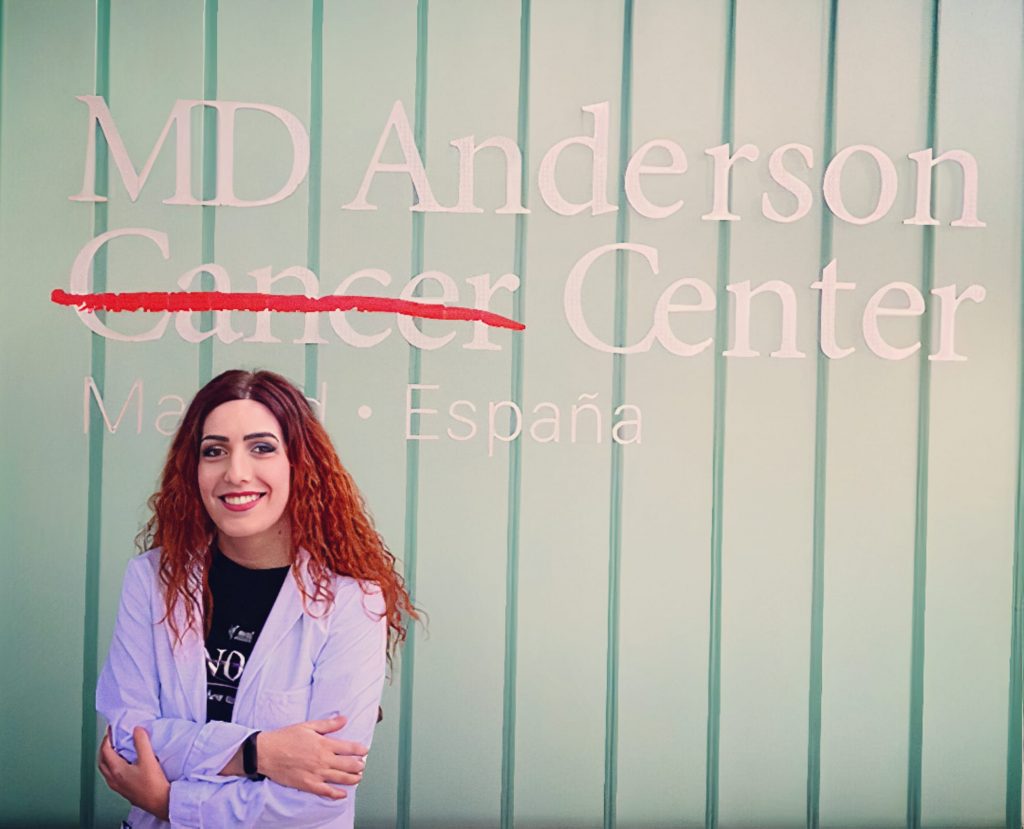
Tecartus
INTRODUCTION Tecartus is a new advanced therapy approved to treat adults with mantle cell lymphoma (MCL)¹. This disease is a lymphatic system cancer. Specifically, it

Solar panels are placed on the roofs of buildings or in solar farms. Some people wonder whether the technology used to build or operate them carries an increased risk for cancer development. Solar energy is obtained by solar panels and solar farms through photovoltaic technology, which uses cells to absorb the sun’s radiation and convert it to electricity. Afterward, that electricity is stored in batteries or sent to the electrical network1. There are two different types of solar panel technologies: silicon cells and thin-film technology2.
Crystalline silicon cells are the most frequently used domestic solar panels. They are mainly made from rocks, sand2, glass, and aluminum, along with other commonly used plastics and wires. Specifically, the cells of silicon solar panels are made of silicon, which is a natural and common element1. However, they contain small pieces of lead, which can be toxic. Contrarily, thin-film solar panels have a completely different technology from silicon ones. Instead of using silicon, they use various compounds which may be toxic, such as gallium arsenide and cadmium telluride2.

Although some solar panels contain materials that can be toxic, most of the domestic solar panels are made from silicon technology, which is completely safe. The amount of harmful elements is minimal and they are encapsulated by a robust glass and aluminum case to prevent human exposure2. Furthermore, most people do not have direct contact with solar panels, even if they are placed on the roofs of their houses1. In contrast, thin-film technology uses significant quantities of toxic elements, including cadmium and gallium. However, like their silicon counterparts, the elements are completely sealed using an aluminum and glass case2.
Studies of magnetic fields generated by roof-mounted solar panels are scarce, and no definitive conclusions can be drawn. Nevertheless, most research suggests that they are safe because electricity from solar panels and transmission to the electrical network emits extremely weak electromagnetic fields1. Besides, the electricity that the solar panels produce is usually in the form of a direct current, which does not produce electromagnetic fields. Even if some solar panels are carrying AC power, the wires are well coated. Overall, electric magnetic fields produced by solar panels meet industry requirements established for all electrical devices by regulatory bodies, such as the FCC (Federal Communication Commission) in the United States2. In fact, solar panels and solar farms may actually reduce the risk of cancer indirectly, because they are replacing other electricity-generating sources that can contribute to air pollution, which can cause cancer1.

Need more information? Talk with us
Looking for project funding? Talk with us

INTRODUCTION Tecartus is a new advanced therapy approved to treat adults with mantle cell lymphoma (MCL)¹. This disease is a lymphatic system cancer. Specifically, it

INTRODUCTION Kymriah (Novartis) is an advanced therapy medicine that belongs to the gene therapyproduct category. It is approved for B-cell acute lymphoblastic leukemia (ALL) in
| Cookie | Duración | Descripción |
|---|---|---|
| cookielawinfo-checkbox-analytics | 11 months | This cookie is set by GDPR Cookie Consent plugin. The cookie is used to store the user consent for the cookies in the category "Analytics". |
| cookielawinfo-checkbox-functional | 11 months | The cookie is set by GDPR cookie consent to record the user consent for the cookies in the category "Functional". |
| cookielawinfo-checkbox-necessary | 11 months | This cookie is set by GDPR Cookie Consent plugin. The cookies is used to store the user consent for the cookies in the category "Necessary". |
| cookielawinfo-checkbox-others | 11 months | This cookie is set by GDPR Cookie Consent plugin. The cookie is used to store the user consent for the cookies in the category "Other. |
| cookielawinfo-checkbox-performance | 11 months | This cookie is set by GDPR Cookie Consent plugin. The cookie is used to store the user consent for the cookies in the category "Performance". |
| viewed_cookie_policy | 11 months | The cookie is set by the GDPR Cookie Consent plugin and is used to store whether or not user has consented to the use of cookies. It does not store any personal data. |